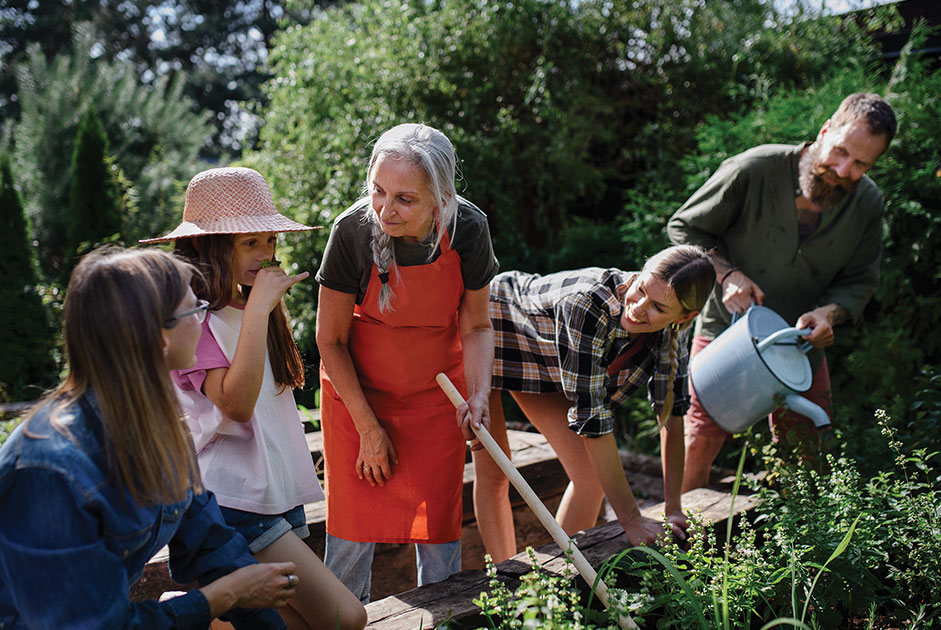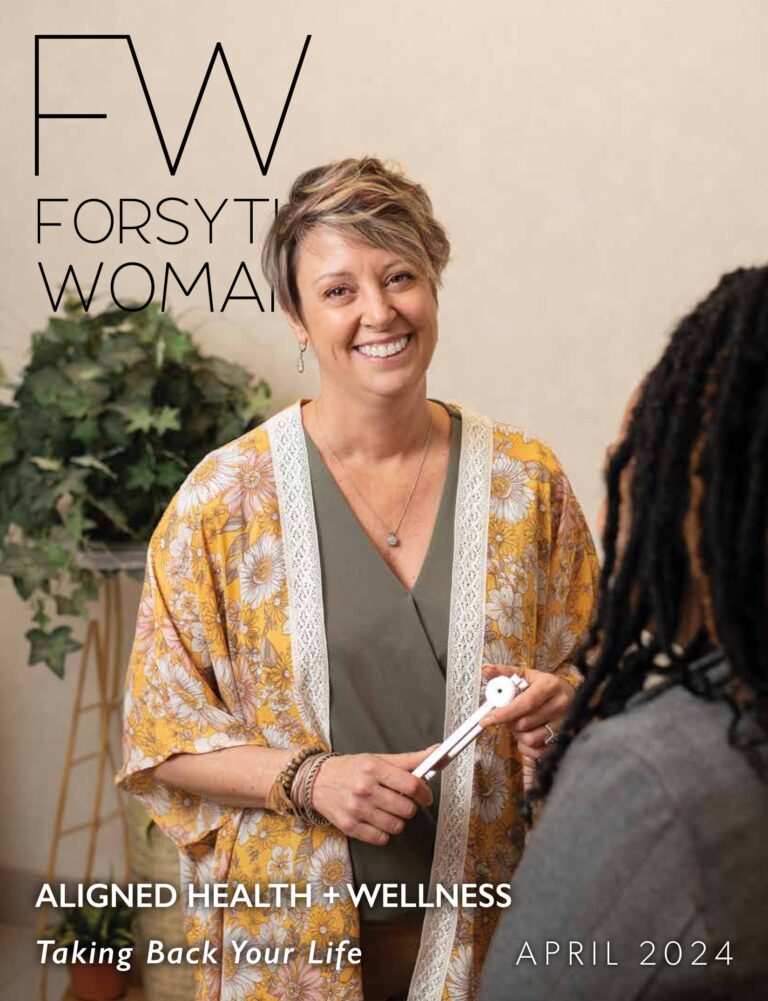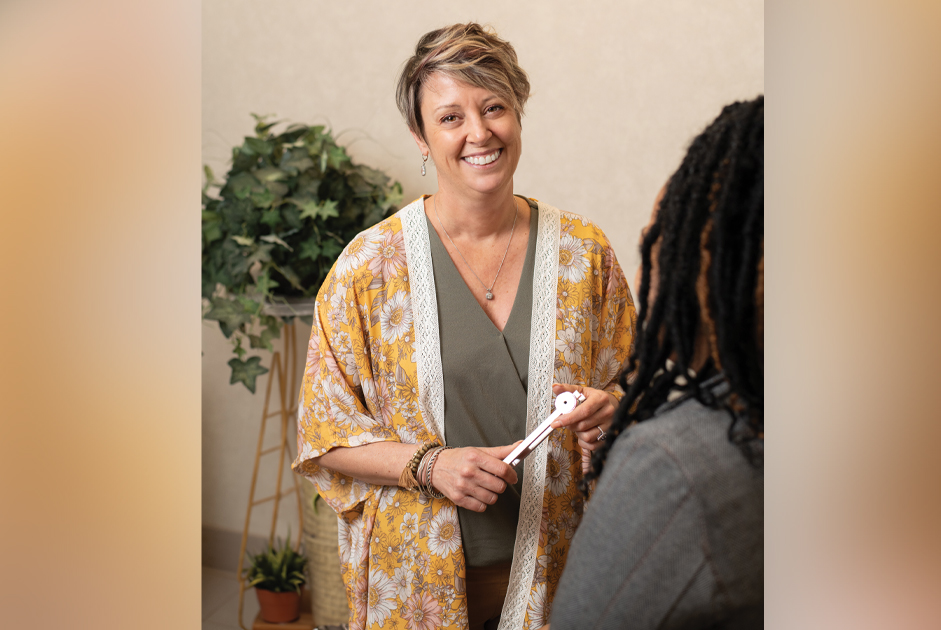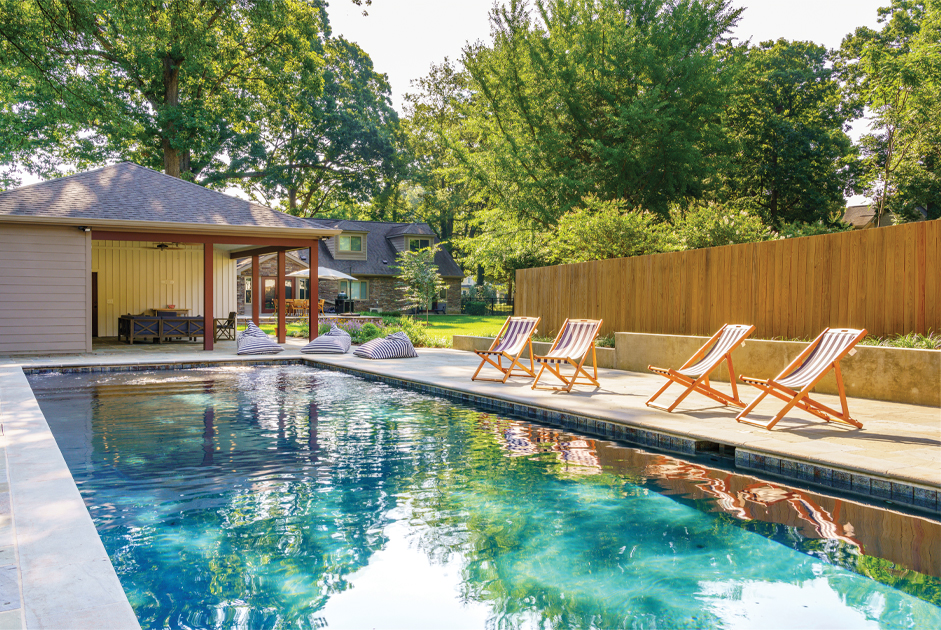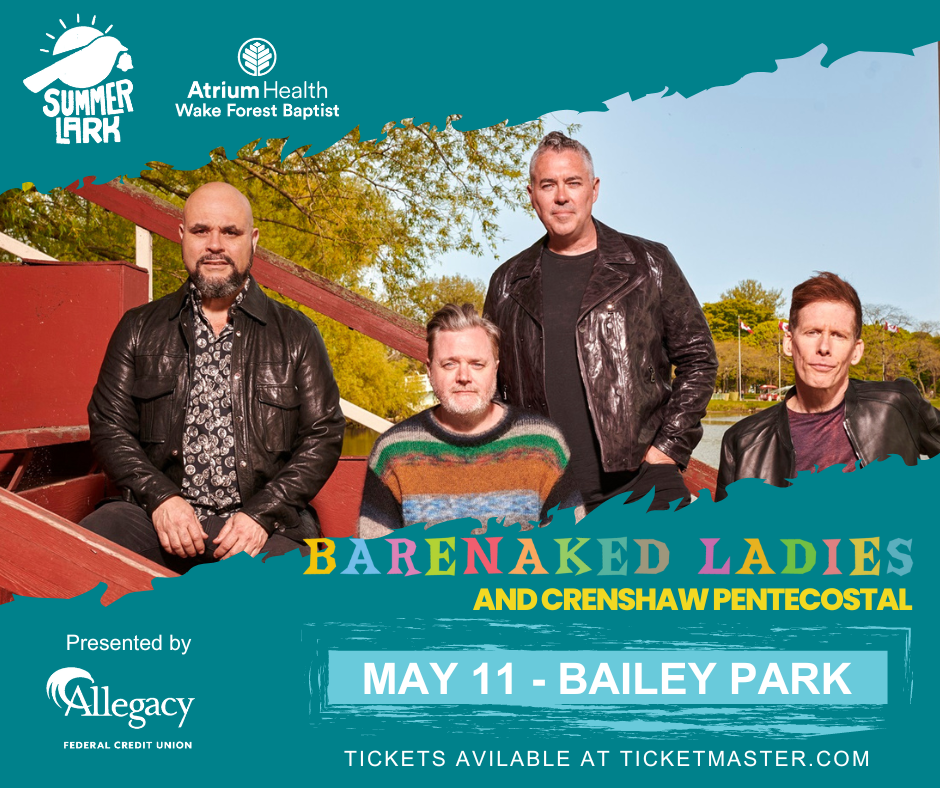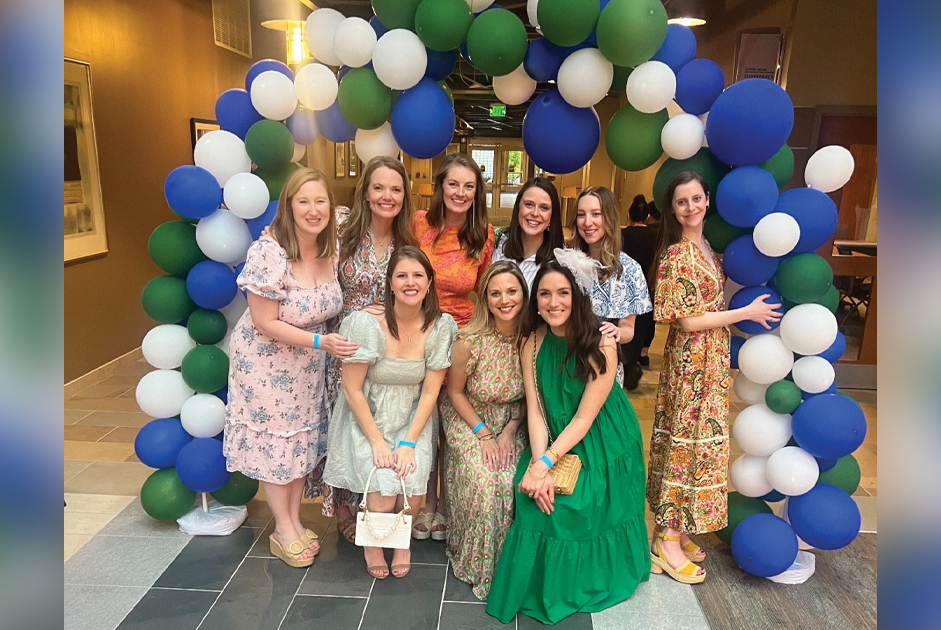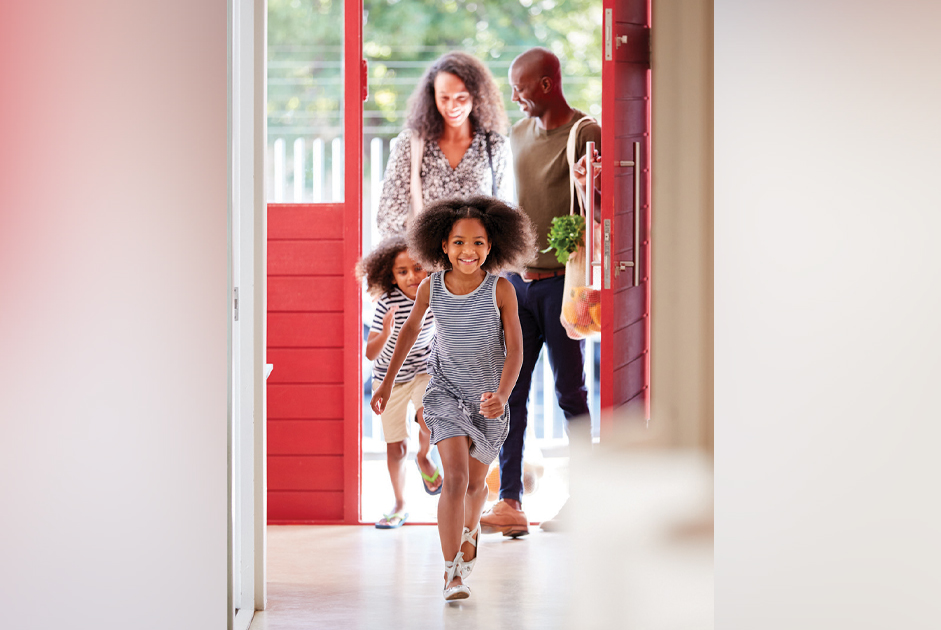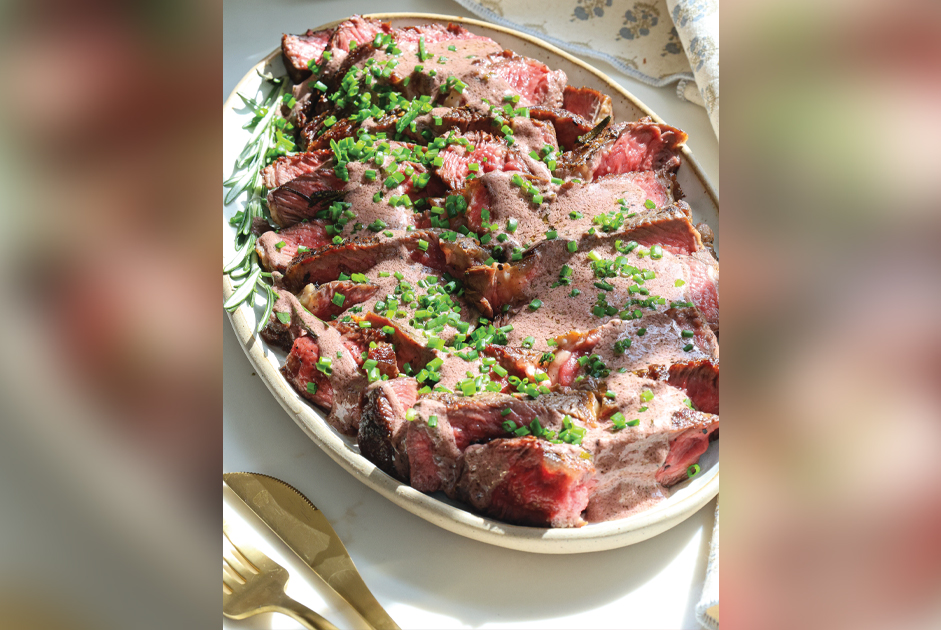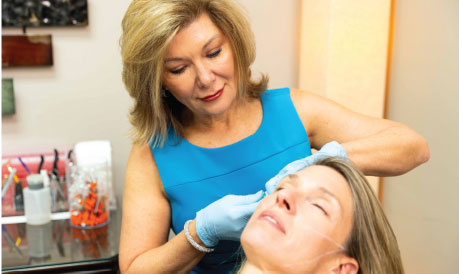Audrey Hepburn once said “To plant a garden is to believe in tomorrow.” People have many reasons for planting gardens. A feeling of joy comes when seeds take root in the ground and start to grow. After a bit of time, produce, flowers, or whatever you planted, is ready for picking, eating, or sharing. For some, a garden is their summer grocery store for produce. For others, it is a hobby and way to share with others. But, for a community, a garden can not only be a source of food, but also a source for fellowship, connection, and enrichment.
Within the past few decades, community gardens have started to appear in urban, suburban, or rural areas. A technical definition for the phrase is “a piece of land gardened or cultivated by a group of people individually or collectively.” Each gardener has a section of land in the overall garden that they adopt as their own. The gardener then chooses what to grow and is responsible for cultivating the seeds. In return, the produce is either used solely by the gardener or donated to community resources, such as food pantries and shelters for use. Civic groups, churches, nonprofits, neighborhoods, and other groups often get a section of land together to create the garden. No matter what your purpose is for using a community garden, participating in one gives you a connection to your community and an opportunity to share your love and knowledge of gardening with others. Through community gardens, gardeners are able to learn and work together. But, these are not all of the benefits this type of garden can provide.
Research has shown that community gardens can give individuals an increase in access to fresh foods, increase in physical activity due to maintaining the garden, an increase in fruit and vegetable intake, and relieve stress and improve mental health. As for communities as a whole, these gardens improve food security, especially in food deserts. A food desert is an area that has limited access to healthy and affordable food. Usually food deserts are in low-income, urban areas where the nearest grocery store is more than a mile away. In addition, community gardens help clean up the environment, and beautify areas within communities.
As for Forsyth County, we have several community gardens. These gardens are spread throughout the county and are accessible to many people. Take a look at the list below to see which garden is near you.
- Ardmore Gateway Garden – 426 South Hawthorne Road, Winston-Salem, 27103
- Betty and Jim Holmes Food Bank Garden – 998-990 Roosevelt Street, Winston-Salem, 27105
- West Salem Community Garden – 501 South Green Street, Winston-Salem, 27101
- Forsyth Community Gardening – 1450 Fairchild Road, Winston-Salem, 27105
- Happy Hills Gardens – 920 Mock Street, Winston-Salem, 27127
- Historic Bethabara Park – 2147 Bethabara Road, Winston-Salem, 27106
- Sedge Garden Neighborhood Center – 401 Robbins Road, Winston-Salem, 27107
Resources are available online and in-person at city buildings if you would like to start or participate in a community garden. When it comes to gardening, it can take a lot of work, but can be very much worth it. Seeing seeds take root and grow into something is an exciting experience. Add in working with members of your community and a chance to give back, and there is nothing better than being a part of a community garden.
